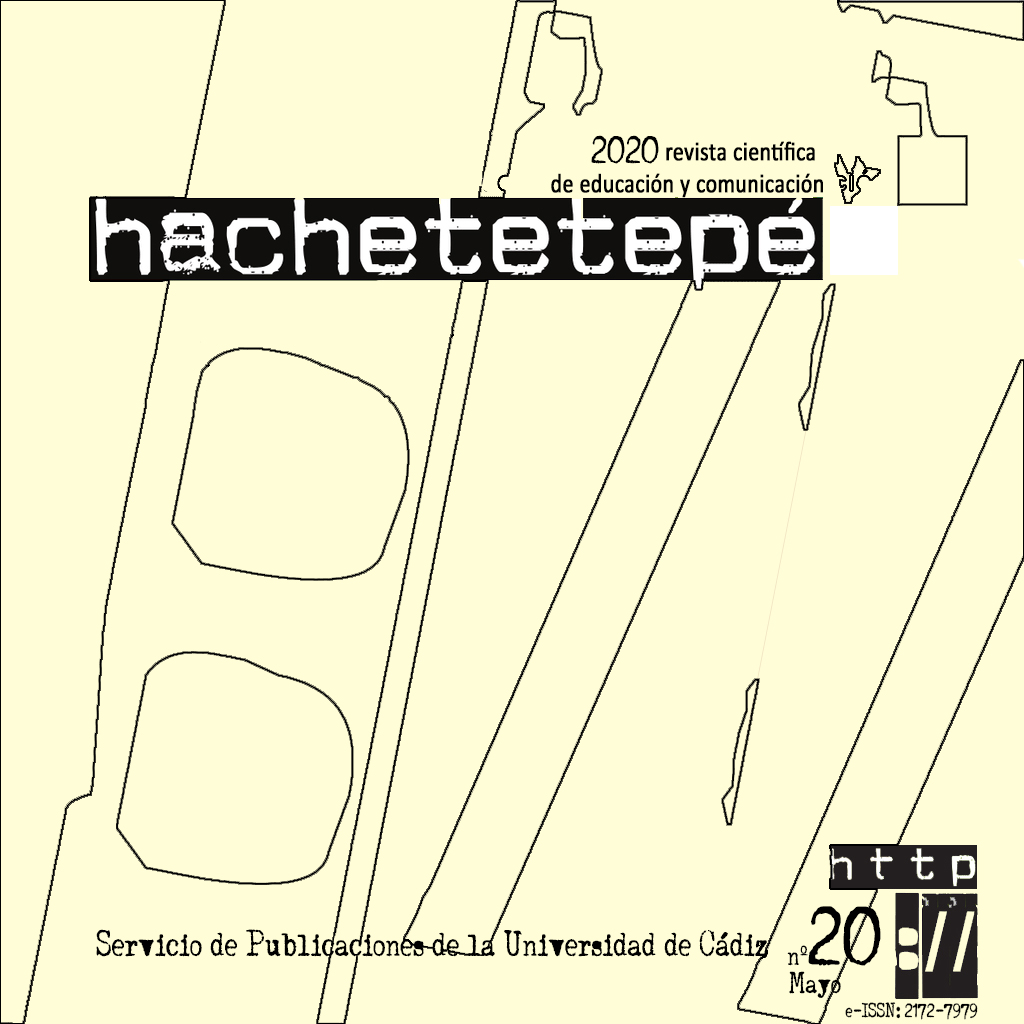Imaginary in letters: collaborative musical learning and accounts in the training of teachers
Abstract
The purpose of this text is to record the relationship of the letters with the imaginary, in research and teacher training, to relate collaborative learning and storytelling to professional performance and the (re) meaning of performance. The methodology was carried out with the proposal of writing letters, in two research situations with teacher training, one in initial training and another in continuous training, both conducted in Paraná, Brazil. The imaginary was portrayed in two objects, the collaborative musical learning with the extension course "Brincando e Cantando" and the narration through the extension course "Get on the wheel: training of storytelling teachers". The letters reveal communication in the exchange of information and knowledge, which presupposes a relationship between oneself and the other. Believes that teacher training, with the support of experiences, contributes to the (re) organization of actions aimed at human development.
Keywords
Downloads
How to Cite
License

This work is licensed under a Creative Commons Attribution-NonCommercial-NoDerivatives 4.0 International License.
Those authors who have published with this journal, accept the following terms:
- They will retain their copyright and guarantee the journal the right to first publication of their work, which will simultaneously be subject to the Creative Commons Attribution License . They may be copied, used, disseminated, transmitted and publicly displayed, provided that the authorship, url, and magazine are cited, and are not used for commercial purposes. No derivative works are allowed.
- They may adopt other non-exclusive license agreements for the distribution of the published version of the work (e.g., deposit it in an institutional telematic archive or publish it in a monographic volume) provided that the initial publication in this journal is indicated.
- Disseminate your work through the Internet (e.g., in institutional telematic archives or on your website) once the manuscript is accepted, which may lead to interesting exchanges and increased citations of the published work. (See The effect of open access).
Hachetetepé. Scientific journal of education and communication does not charge a fee for the submission of manuscripts or for the publication of its articles.







